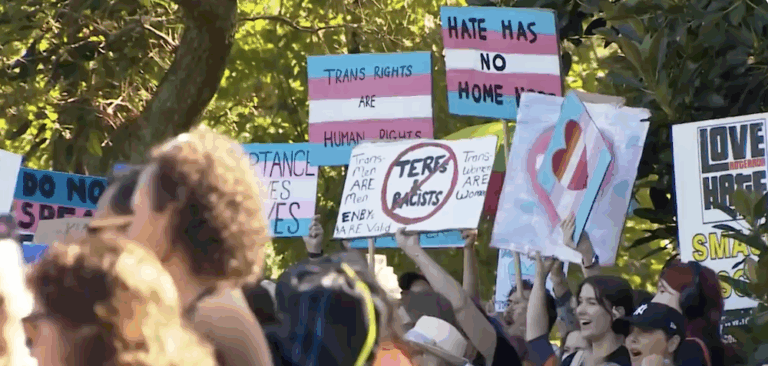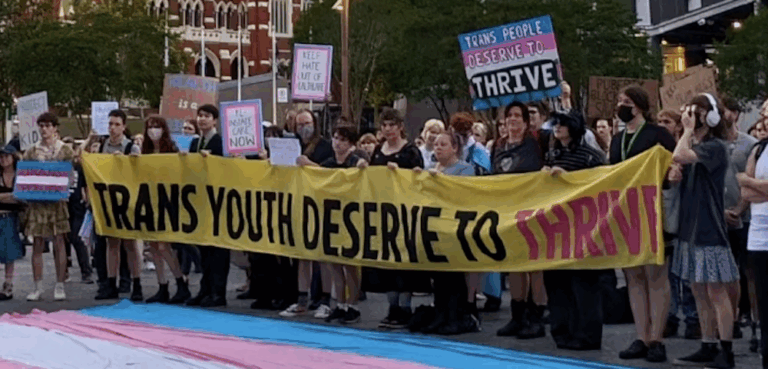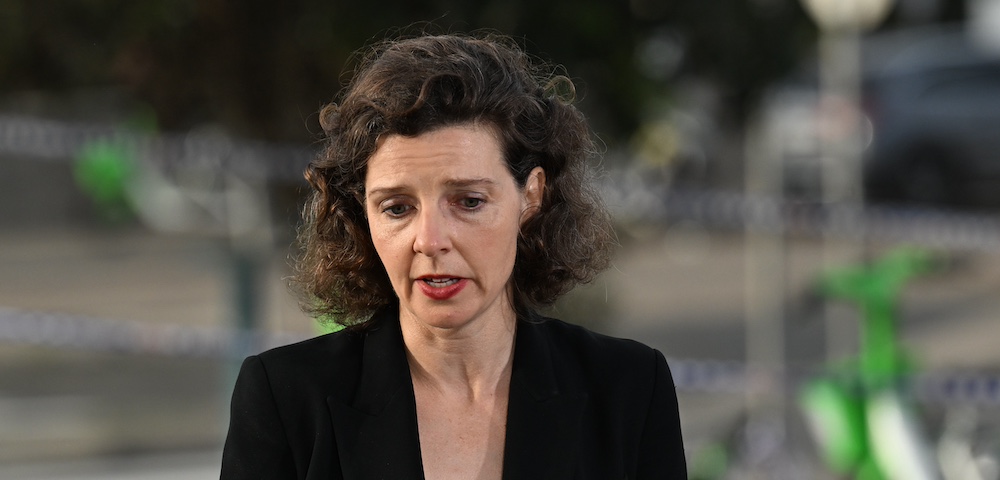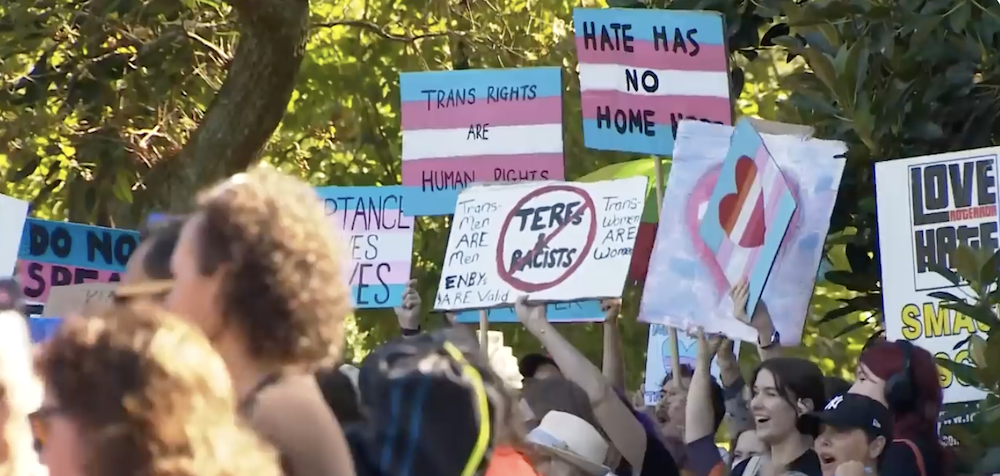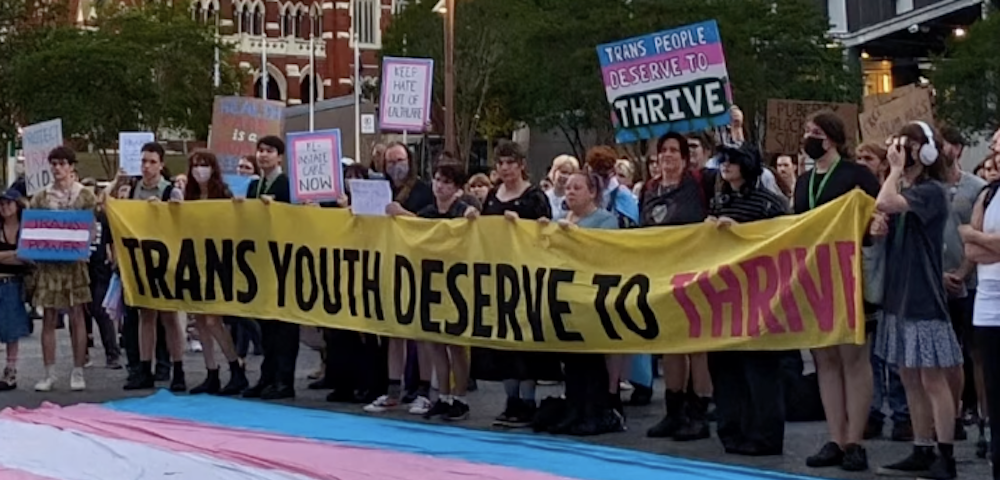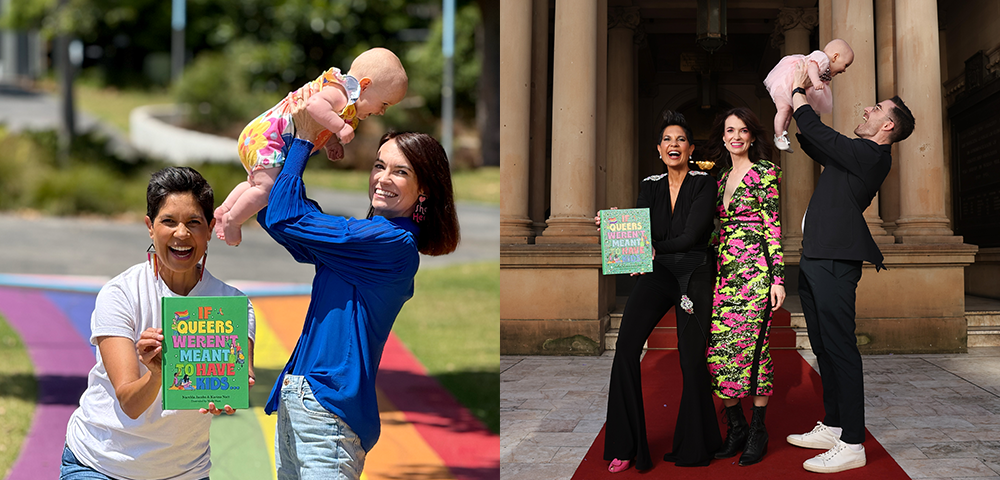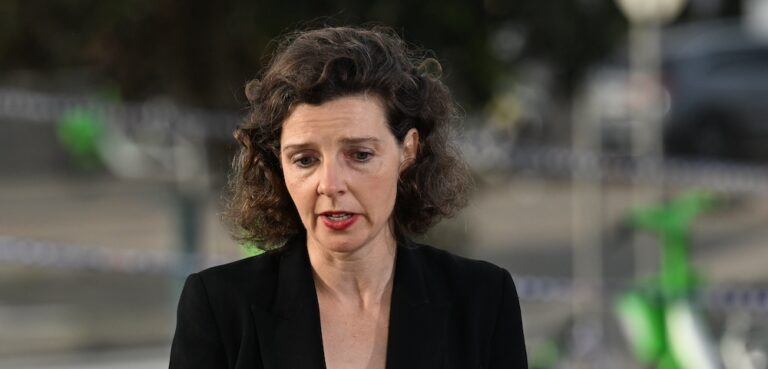
New NSW Birth Certificate Reforms Come Into Effect From Today

A slate of new reforms in the NSW Equality Act come into effect from today, including new birth certificate laws, and the introduction of non-binary and not-specified gender markers.
This means trans and gender diverse people will no longer have to undergo gender confirmation surgery and sterilisation in order to change their sex marker with the NSW Registry.
“This is the first major reform since the 1980s that will directly empower and improve the lives of trans people across NSW,” said Equality Australia Senior Advisor, Teddy Cook.
“Adults and young people will no longer have to be examined by a medical professional, require surgery or have to prove to anyone else that we are who we say we are.
“Not all trans people want to have surgery and legal recognition of who we are is a human right. The prohibitive cost and other barriers to accessing surgeries rules them out as viable options for many trans people, even for those desperately wanting surgery.”
Introduced by Independent MP Alex Greenwich and passed last October, the Equality Act is the largest package of LGBTQIA+ reforms in state history, bringing NSW in line with the rest of the country.
ACON CEO Michael Woodhouse said the laws were the result of years of hard work to better protect the lives and families of LGBTQIA+ people.
“Being able to live and be legally recognised as your authentic self is critical to long-term health and wellbeing,” he said. “The updated laws will remove cruel and unnecessary barriers of gender recognition for trans and gender diverse people, better protect LGBTQ+ people from being ‘outed’ without consent, removes language which stigmatises people living with HIV and better recognises parents in families formed through surrogacy.”
Act introduces further legal recognition for some rainbow families
In addition to the gender marker reforms, the Equality Act has also introduced an extra 80 days to register a birth if variations of sex characteristics make it difficult to determine an appropriate sex marker, and the ability for family members to alter the gender marker of a trans relative that appears on their own birth certificate, such as a parent or sibling. It also provides a pathway for some children born out of overseas commercial surrogacy arrangements to have their parents recognised.
“Every child deserves the same legal recognition of their families, regardless of how they were born,” said Rainbow Family’s Ashley Scott. “These reforms help move us closer to that goal — but there’s still much more to do to ensure the law works well to protect surrogates, parents and children alike.”
Although the Act has introduced significant reforms for LGBTQIA+ Australians, it was criticised for scrapping protections for sex workers, and LGBTQIA+ students and staff in religious schools. At the time, Greenwich justified the decision by saying he decided to choose progress over defeat.
“Now obviously I would have liked to have seen those reforms achieved through my bill, but the reality was that that was not going to be possible,” he told Star Observer. “So we still have a really clear and strong pathway to achieve those reforms, and we do so with the confidence that we’ve got these ones done, that we’ve got some major reforms through.”
Protections for queer staff and students are now being considered by the NSW Law Reform Commission as part of a broader review of NSW’s Anti-Discrimination Act.
“NSW has some of the least progressive and most ineffective anti-discrimination laws in the country,” said Equality Australia CEO Legal Director Heather Corkhill.
“People are genuinely shocked to discover that a private school in NSW can legally fire a teacher for being gay or deny a student a leadership position because they are trans.”
Despite this, the day is still being celebrated as a significant milestone not only for the trans and gender diverse community, but for NSW’s entire LGBTQIA+ community.
“We may be the last state to get there,” said Cook. “But during a time when trans people are under attack globally, it means the world.”
